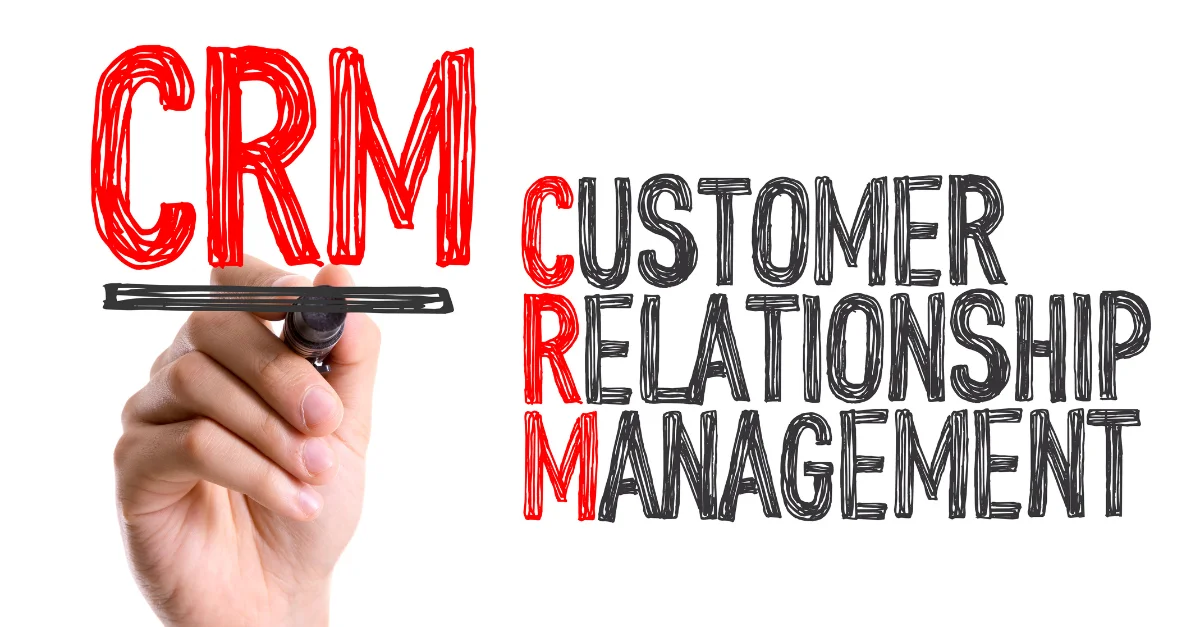Cloud-Based Customer Relationship Management (CRM) refers to a type of CRM system that is hosted on the cloud, meaning that the software and data are stored on remote servers rather than on a company’s local infrastructure. This allows businesses to access CRM tools and customer data via the internet, without needing to maintain their own on-site servers or IT infrastructure. Cloud-based CRM solutions have become increasingly popular because of their accessibility, scalability, and cost-effectiveness.
Key Features of Cloud-Based CRM:
- Accessibility: Users can access the CRM system from anywhere with an internet connection, using computers, smartphones, or tablets. This flexibility is ideal for remote or distributed teams.
- Scalability: Cloud CRMs can easily scale according to a business’s needs, whether that means adding new users, expanding storage, or integrating with other tools.
- Cost-Effectiveness: Cloud-based CRM systems are typically offered on a subscription basis, reducing upfront costs and eliminating the need for expensive hardware or IT support. Additionally, maintenance and updates are managed by the service provider.
- Automatic Updates and Maintenance: Unlike on-premises CRMs, which require manual updates and maintenance, cloud CRMs are automatically updated, ensuring businesses always have the latest features and security patches.
- Collaboration and Integration: Many cloud CRM platforms offer features that support team collaboration, such as shared calendars, communication tools, and task management. Additionally, they often integrate easily with other business applications (e.g., marketing automation, customer support tools, email platforms, etc.).
- Data Security: Cloud CRM providers often offer robust security measures, including encryption, multi-factor authentication, and backup services, to protect customer data.
- Real-Time Data and Analytics: Cloud CRMs allow businesses to track customer interactions, sales progress, and other key metrics in real-time. Dashboards and reporting tools help analyze performance and make data-driven decisions.
Advantages of Cloud-Based CRM:
- Flexibility and Mobility: As employees can access the system remotely, they can update customer records, track opportunities, and respond to queries while on the go.
- Faster Implementation: Cloud CRM systems typically require less time to implement than on-premises solutions, as they don’t need on-site hardware setup and are usually ready to go after basic configuration.
- Lower IT Overhead: With cloud CRM, businesses do not need to maintain hardware or manage software updates. The cloud provider handles this, reducing the strain on internal IT resources.
- Cost Savings: Traditional CRM solutions often come with substantial upfront costs for software, hardware, and installation. With cloud-based CRM, businesses pay for what they use, often leading to lower overall costs.
- Better Customer Insights: The real-time data and analytics features of cloud CRMs help businesses better understand customer behavior and preferences, leading to more personalized customer service and improved sales strategies.
Popular Cloud-Based CRM Providers:
- Salesforce: One of the most widely used cloud CRMs, Salesforce offers a range of features, including sales automation, customer service, marketing automation, and analytics.
- HubSpot CRM: Known for its ease of use, HubSpot offers a free CRM solution with paid upgrades. It includes features like contact management, email tracking, and lead nurturing.
- Zoho CRM: A highly customizable CRM solution that is suited for businesses of all sizes. Zoho offers integration with various business tools and a strong automation engine.
- Microsoft Dynamics 365: A cloud-based CRM and ERP solution that offers sales, marketing, and customer service modules. It’s particularly useful for companies that are already using Microsoft products.
- Pipedrive: Focused primarily on sales teams, Pipedrive helps users manage their sales pipeline, track leads, and automate tasks.
Use Cases:
- Sales Management: Automate lead capture, sales workflows, and follow-up processes, providing the sales team with detailed customer profiles and interactions.
- Customer Support: Manage and track customer service inquiries, offer timely support, and maintain a history of customer interactions.
- Marketing Automation: Integrate with email campaigns, social media, and web analytics to generate leads, nurture prospects, and run targeted marketing campaigns.
- Collaboration and Communication: Enable teams to collaborate on customer issues, share information across departments, and resolve problems more efficiently.
Challenges:
- Data Privacy and Compliance: Storing sensitive customer data on the cloud raises concerns about data privacy, security, and regulatory compliance (e.g., GDPR, HIPAA).
- Integration Complexity: While many cloud CRMs integrate well with other tools, there can still be challenges in syncing data across systems, especially if those systems are from different vendors or outdated.
- Dependence on Internet Connectivity: Since the CRM is hosted on the cloud, any issues with the internet connection can disrupt access to the system.
Overall, cloud-based CRM systems offer businesses a powerful way to manage customer relationships more efficiently and effectively, while providing the flexibility, scalability, and cost savings needed to grow in today’s competitive environment.
#CloudCRM #CustomerRelationshipManagement #CRMSoftware #CloudBasedCRM #DigitalTransformation #CRMSystem
